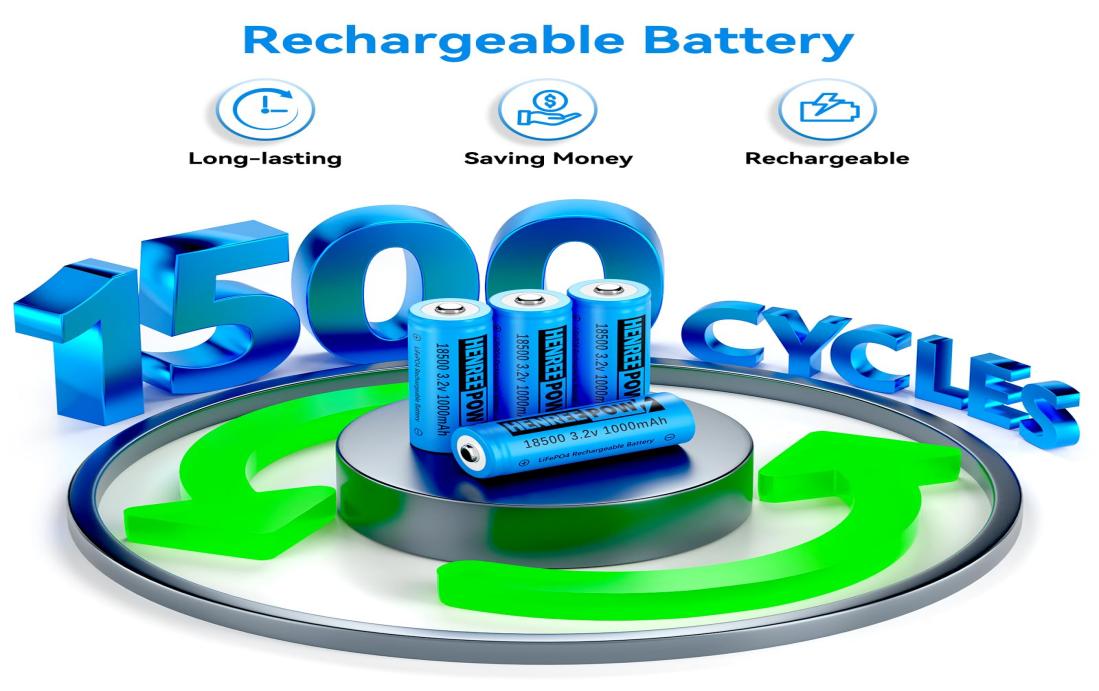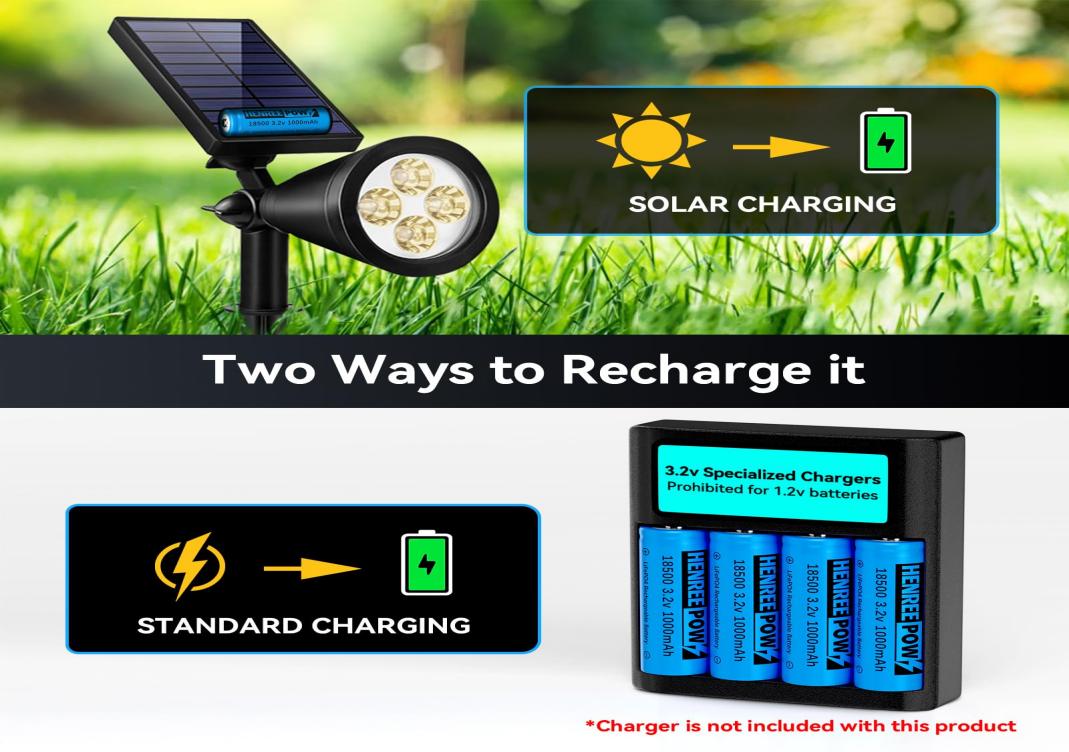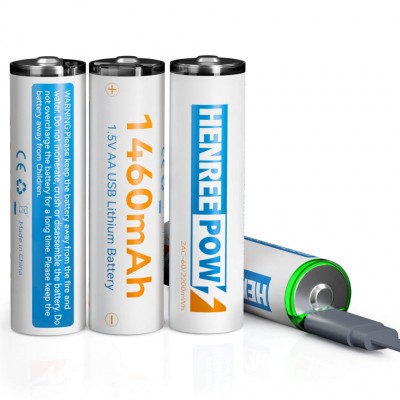Introduction
With the rapid advancement of technology, lithium batteries have deeply integrated into our daily lives as a crucial energy medium. From smartphones to electric vehicles, from portable electronic devices to solar energy storage systems, lithium batteries are ubiquitous, providing reliable energy support across various sectors of modern society. This article explores the usage, advantages, and practical applications of lithium batteries in our daily lives.
Usage of Lithium Batteries
Since their introduction in the early 1990s, lithium batteries have gradually replaced traditional nickel-cadmium and nickel-metal hydride batteries due to their high energy density, long lifespan, and low self-discharge rate. Portable electronic devices such as smartphones, tablets, and laptops all rely on lithium batteries to provide sustained power. The proliferation of electric vehicles also hinges on large-capacity lithium battery packs, driving the advancement of clean energy transportation.
Advantages of Lithium Batteries
1. High Energy Density**: Lithium batteries can store more energy in a smaller volume compared to traditional batteries, making electronic devices more lightweight and efficient.
2. Long Lifespan: Lithium batteries generally have a longer lifespan and can endure more charge-discharge cycles without significant degradation.
3. Low Self-discharge Rate**: Even when not in use, lithium batteries lose charge at a slower rate compared to other types of batteries.
4. Environmentally Friendly**: Lithium batteries do not contain toxic substances like mercury and cadmium, reducing environmental pollution and aligning with the development direction of modern green energy.

Applications of Lithium Batteries in Daily Life
Apart from electronic devices and electric vehicles, there are several innovative applications of lithium batteries that enhance convenience and environmental sustainability in our daily lives:
1. Solar Energy Storage Systems

With the rise of renewable energy sources, solar photovoltaic panels have become a common choice for many households and businesses. However, the intermittency of solar energy poses challenges for energy storage. Using lithium batteries as energy storage systems allows efficient storage of solar energy generated during the day for use during the night or on cloudy days, achieving energy balance and stable supply.
2. Smart Home Systems
Smart home systems, such as smart lighting and security cameras, often require stable power supply. The high energy density and long lifespan of lithium batteries make them ideal energy sources for these devices, providing continuous power support and reducing reliance on the grid, thereby lowering energy costs.
3. Portable Electronic Products
Smartphones, tablets, and laptops that we carry with us daily typically rely on lithium batteries as their primary energy source. The high energy density and low self-discharge rate of lithium batteries enable these devices to maintain operational status for extended periods, offering convenient mobile office and entertainment experiences.
4. Medical Devices
In the medical field, especially with portable medical devices such as portable heart monitors and respirators, the application of lithium batteries is also becoming widespread. These devices require stable and reliable power sources to ensure timely medical monitoring and support for patients in various environments.

Conclusion
Lithium batteries, as a significant achievement of modern technological development, not only enhance the convenience and comfort of our daily lives but also drive the advancement of clean energy technologies. In the future, with further technological innovation and the expansion of application scenarios, lithium batteries will continue to play a crucial role in the energy sector, creating more environmentally friendly and sustainable lifestyles for humanity. Let us look forward to the positive changes and impacts that lithium battery technology will bring to the global energy structure in the future.











